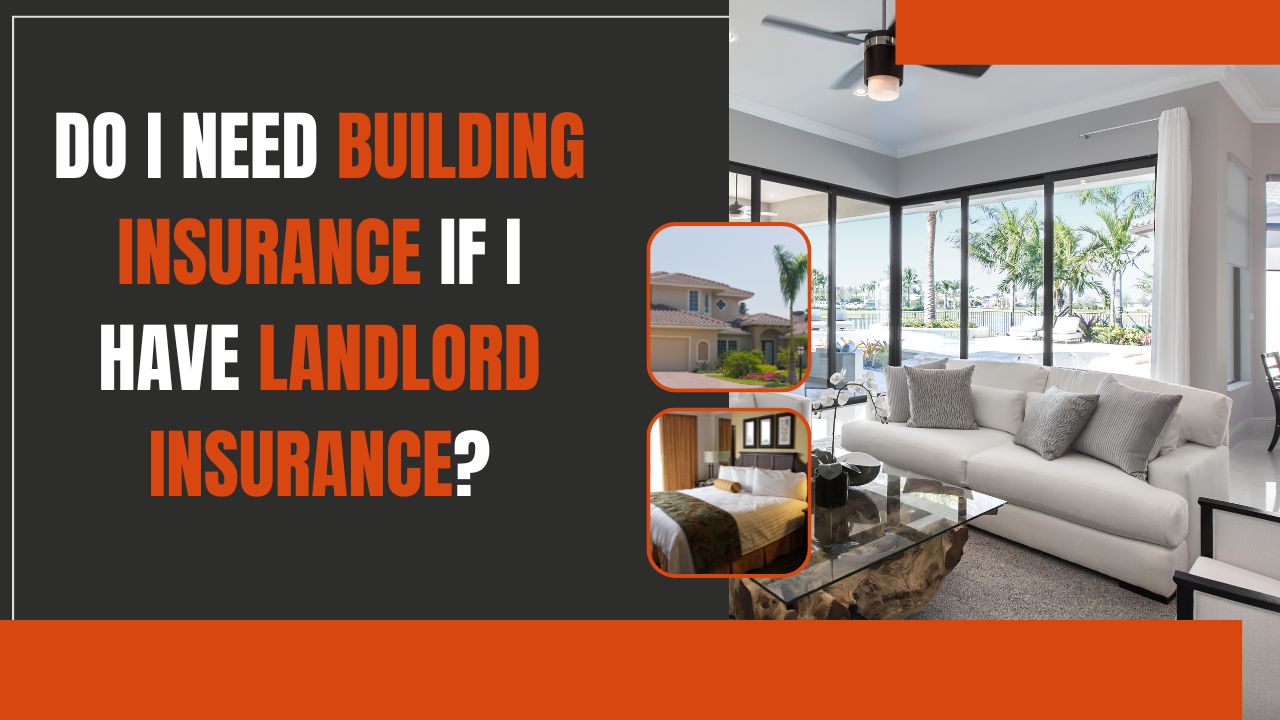It depends on your policy. Landlord insurance can cover contents and liability, but not necessarily the physical structure and fixtures. Landlord building insurance can cover damages to the building and fixtures. Review your policy to ensure proper coverage and consult with your insurance provider to determine the best fit for your needs.
As a landlord, you must ensure that your property is protected against potential risks and damages. However, with different types of insurance policies available in the market, it can be confusing to determine which ones are necessary for your needs. One of the common questions that landlords ask is whether building insurance is required if they already have landlord insurance. In this article, we’ll explain the difference between building insurance and landlord insurance and discuss whether you need both.
Understanding Building Insurance
Building insurance is designed to protect the physical structure of your property, including the walls, roof, floors, and any fixtures or fittings. It typically covers damages caused by fire, flood, storm, theft, and other natural disasters. Building insurance policies may also cover the cost of rebuilding your property in case of a total loss.
Understanding Landlord Insurance
Landlord insurance, on the other hand, is specifically designed for landlords and property owners. It covers the risks associated with renting out a property, including damages caused by tenants, legal expenses, and loss of rental income. Landlord insurance policies may also provide liability coverage in case a tenant or visitor is injured on the property.
Difference Between Building Insurance and Landlord Insurance
Building insurance and landlord insurance are two separate policies that serve different purposes. Building insurance covers the physical structure of your property, while landlord insurance covers the risks associated with renting out the property. Building insurance is usually a requirement for mortgage lenders, while landlord insurance is not mandatory but highly recommended.
Landlord Insurance vs. Building Insurance
| Landlord Insurance | Building Insurance |
|---|---|
| Designed for property owners who rent out their properties to tenants. | Designed for property owners who live in and own the property they want to insure. |
| Covers property damage, liability, loss of rental income, and contents owned by the landlord. | Covers damage to the building’s structure, including walls, roof, foundation, and fixtures such as plumbing and electrical systems. |
| May also cover legal fees, eviction costs, and personal injury claims made by tenants or visitors. | Typically does not cover contents owned by the homeowner or tenant, unless specified. |
| May be required by some lenders or landlords as a condition for renting out a property. | May be required by lenders as a condition for mortgage approval. |
| Premiums may be higher due to the increased risk associated with renting out a property. | Premiums may be lower because the policy only covers the building’s structure and not contents or liability. |
Do You Need Building Insurance if You Have Landlord Insurance?
If you own the property outright, you are not legally required to have building insurance. However, if you have a mortgage on the property, your lender will most likely require you to have building insurance to protect their investment. Landlord insurance is not a substitute for building insurance, as it does not cover damages to the physical structure of your property.
Factors to Consider When Deciding on Building Insurance
When deciding whether to purchase building insurance, you should consider the following factors:
- The cost of rebuilding your property in case of a total loss
- The location of your property and the risk of natural disasters such as floods or earthquakes
- The age and condition of your property
- The cost of your mortgage and the requirements of your lender
Benefits of Having Both Building Insurance and Landlord Insurance
While building insurance and landlord insurance are two separate policies, having both can provide comprehensive coverage for your property. Building insurance will protect the physical structure of your property, while landlord insurance will cover the risks associated with renting out the property. Having both policies can provide peace of mind and protect your investment in the long run.
How to Choose the Right Building Insurance Policy?
When choosing a building insurance policy, you should consider the following factors:
- The level of coverage provided
- The cost of the policy
- The excess (the amount you will have to pay towards a claim)
- The reputation of the insurance provider
How to Choose the Right Landlord Insurance Policy?
When choosing a landlord insurance policy, you should consider the following factors:
- The level of coverage provided
- The cost of the policy
- The excess (the amount you will have to pay towards a claim)
- The reputation of the insurance provider
Conclusion
In conclusion, as a landlord, it is important to understand the difference between building insurance and landlord insurance. Building insurance is designed to protect the physical structure of your property, while landlord insurance covers the risks associated with renting out the property. If you have a mortgage on the property, building insurance is usually required by the lender. While landlord insurance is not mandatory, it is highly recommended to protect your investment. It is best to consider both policies to ensure comprehensive coverage for your property.





